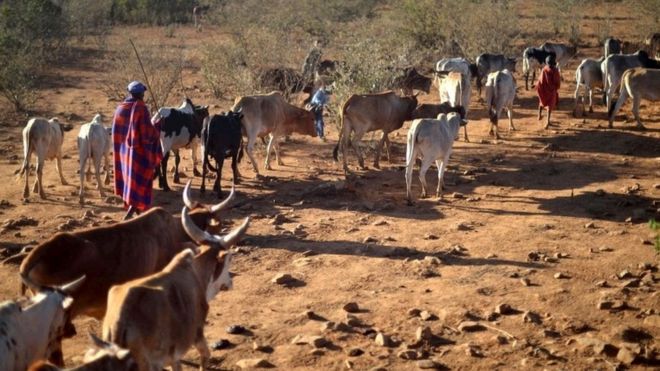21 February 2017 – Today the UK House of Commons unanimously passed the UK Magnitsky Sanctions legislation.
The Magnitsky Sanctions legislation was voted on as part of the UK Criminal Finances Bill. It will allow the British government to freeze assets of human rights abusers in the UK. The Magnitsky Sanctions amendment which passed was submitted by UK Home Secretary Amber Rudd.
“The new Magnitsky Sanctions Legislation is going to cause perceptible fear for kleptocrats in Russia and other authoritarian regimes. They all have expensive properties in London and think they are untouchable,” said William Browder, leader of the global Magnitsky Justice Campaign and author of “Red Notice: How I Became Putin’s No 1 Enemy.”
“This effort is the result of seven years of advocacy in the name of the late Sergei Magnitsky who uncovered and testified about the US$230 million corruption scheme perpetrated by Russian officials and was killed for his whistle-blowing,” said William Browder.
“Should the House of Lords pass this into law, the UK will be the second country in Europe to pass Magnitsky sanctions and will set a strong example for the rest of Europe,” said William Browder.
The new UK Magnitsky sanctions legislation introduces gross human rights abuse as part of the unlawful conduct, to which civil recovery powers can now be applied under Part 5 of the Proceeds of Crime Act 2002.
The UK Magnitsky legislation protects those who “have sought to expose the illegal activity carried out by a public official or a person acting in an official capacity, or to obtain, exercise, defend or promote human rights and fundamental freedoms.” (full text here).
Sergei Magnitsky was a Russian lawyer who uncovered the massive corruption perpetrated systematically by Russian officials and organized criminals, which included thefts from the Russian treasury, including the theft of US$230 million in 2007. Instead of pursuing the officials who approved the thefts, the Russian government arrested Sergei Magnitsky and put him in pre-trial detention, where he was tortured for 358 days and killed at the age of 37. All officials implicated in his torture and the multi-million dollar thefts have been exonerated.
In response to the impunity demonstrated by the Magnitsky case in Russia, the US passed the Russia-focused Magnitsky Act enacting US asset freezes and visa bans in 2012 and the Global Magnitsky Act which applies to human rights violators around the world in 2016. Estonia passed its Global Magnitsky Act legislation in 2016. Currently, Canada and the EU are considering their own versions of Magnitsky sanctions as well.
“The new UK Magnitsky Legislation deals with asset freezing on human rights abusers. We will continue to campaign for visa sanctions on human rights abusers in the UK under separate legislation,” said Magnitsky campaign leader William Browder.
For more information, please contact:
Justice for Sergei Magnitsky
e-mail: info@lawandorderinrussia.org






